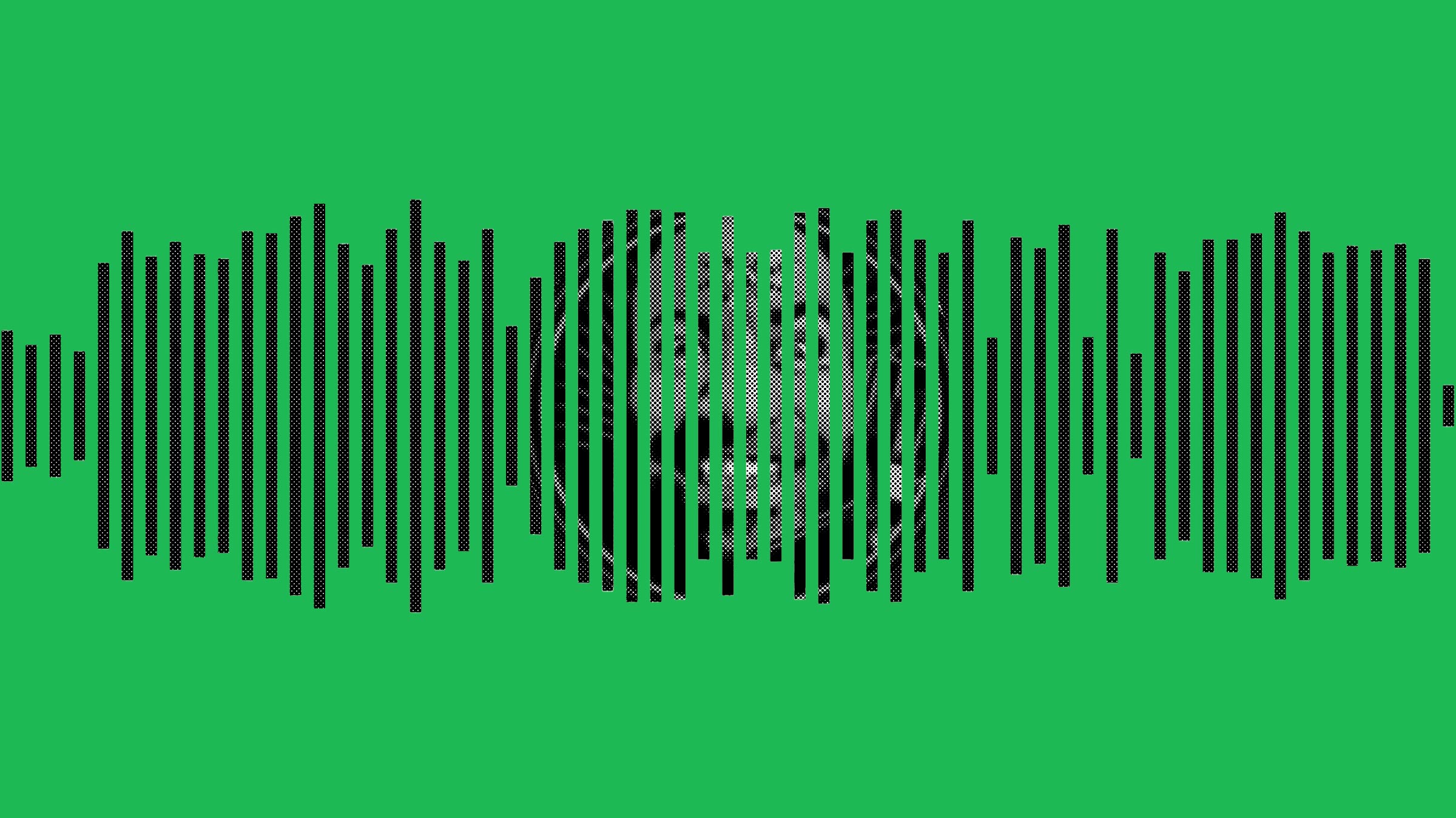When corporate responsibility is improbable, how do we respond to unjust systems?
“All folks looking for my music can easily head to AMAZON MUSIC,” Neil Young, the current face of the anti-Spotify movement, tweeted after removing his work from the streaming service. If it seems strange to you that Young is protesting the evils of Spotify by latching onto Amazon, that’s because it is—very strange. It’s a perfect example of how major artists jumping on the us-versus-them moral high ground, aren’t really us and might even be them.
The significance of Young and Joni Mitchell’s removal of their discographies from Spotify should not be underestimated, but it’s equally important to not inflate its effects—and to acknowledge that it took fairly minimal sacrifice on their parts. The move from the two came in reaction to Spotify’s refusal to take down “The Joe Rogan Experience” from its library, for the host’s careless spread of misinformation about COVID. The free speech defense Spotify employed may have worked, if the company hadn’t bought exclusive rights to the podcast, which in essence made it the acting distributor of Rogan’s misinformation. Spotify has since banned Rogan for his frequent use of racial slurs.
Mitchell and Young have been dubbed revolutionaries by some. Their actions could mark the beginning of a move towards better mediation of the artist to consumer transaction. The removal of their libraries was an important instigator of broader conversations about the ills and evils of streaming services, but each artist has a net worth equaling hundreds of millions of dollars. The losses they suffered by removing their already vastly popular music from Spotify is the rich and famous equivalent to the average person losing their spot in Instagram’s algorithm by posting about a hate crime, in lieu of donating money or time to an organization that is actively working to prevent such hate crimes. Awareness is important, but it isn’t everything.
“The significance of Young and Joni Mitchell’s removal of their discographies from Spotify should not be underestimated, but it’s equally important to not inflate its effects—and to acknowledge that it took fairly minimal sacrifice on their parts.”
The music industry is notoriously as appalling as it is appealing. Legions of musicians ache for the kind of exposure that might turn their expensive hobby into a life-sustaining career. These days, music discovery happens mostly on streaming services rather than in record stores or on the radio. But music discovery isn’t impossible without streaming! Even for those of us who don’t have a record store that suits our very genre-specific needs (see: Bandcamp) and for those of us who aren’t in the bandwidth of any good FM radio stations (see: NTS).
It’s unlikely the streaming gods will find their way to self-realization of their disproportionate distribution of profits. Spotify CEO Daniel Ek is worth $3.1 billion, despite not creating any of the music that made his company worth over $30 billion. Most of the people I know with music on the platform are using the miniscule streaming money they receive to pay bills or pay off labels. Most artists can’t afford to take their music off Spotify, like Mitchell and Young can. Many artists don’t even own the rights to their own music. Spotify is the primary way in which people are finding their music, and when you’re a starving artist, those pennies Spotify tosses to your feet count for something—especially if some of those newfound fans feel inspired to buy a ticket to your show, or a piece of merch, or God willing, your album.
As much as corporate responsibility could change the game, it seems more romantic than pragmatic. Unfortunately, as individuals, we can’t afford all the music we want to listen to. Luckily, it’s not an all-or-nothing kind of world we live in. In the tweeted words of Eve 6, a band in a (not unusual) headlock by their label, “stealing music is far more ethical than using Spotify.” You don’t have to buy all the music you want to listen to. Buy one album and send it to some friends. Forward your dad’s old downloads to yourself. Split the cost of an indie band’s discography with a group of friends and pass it around. Of course, if everyone can pay, everyone should. But just one of you buying it once is preferable to all of you choosing to stream it. Even better, find a band in a nasty contract, rip their music from that Russian torrent site you keep open as a private browser, track down a band member’s Venmo, and send them the funds directly.



















